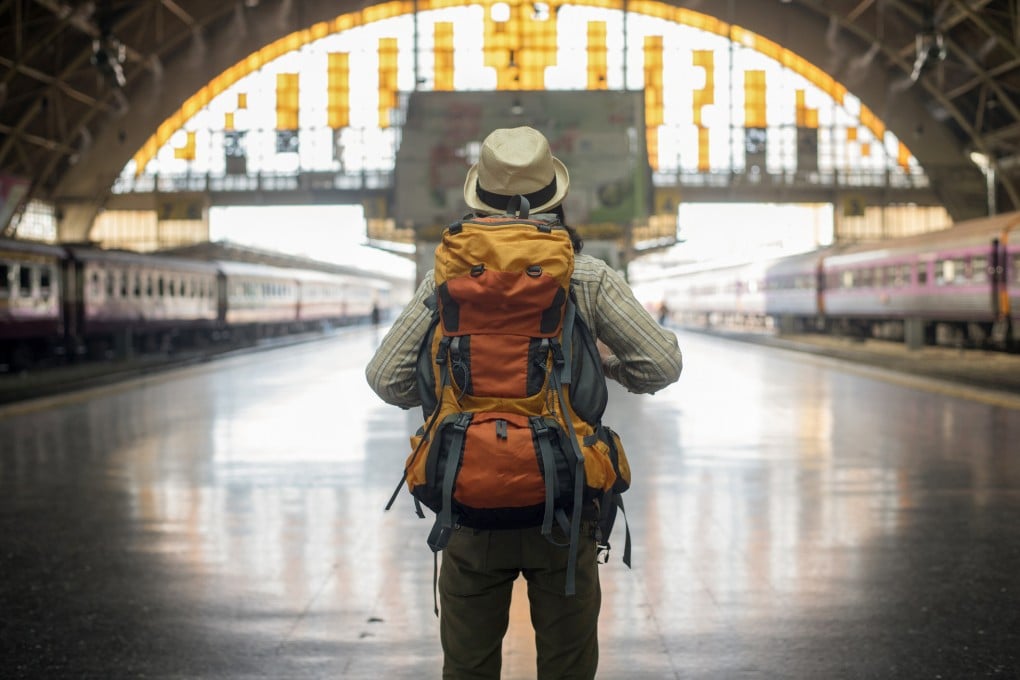Explainer | Travel trends 2022: why solo, sustainable, ethical, wellness and ‘essentialism’ travel will become even bigger priorities
- As Covid-19 continues to see people reconsider what’s important to them, a top hospitality management school predicts next year’s new customer demands
- Travellers may also opt to stay closer to home, while hotels will need to break down barriers between staff and guests, and offer a more informal environment

Sustainability, climate awareness, solo travel, and health and wellness are set to be some of the biggest travel trends in 2022, according to one of the world’s most renowned hospitality management schools.
The École Hôtelière de Lausanne (EHL) is a Swiss school that opened a campus in Singapore in September and runs a master of science in global hospitality management course in partnership with Hong Kong’s Polytechnic University. It has looked into its crystal ball to see what next year will bring for a hospitality sector recovering from the pandemic and adjusting to new customer demands. To make its predictions, EHL canvassed its wide network of industry contacts, colleagues and students from various backgrounds.
Sustainability in the hospitality industry will be a major priority, EHL believes, as more guests book through responsible travel operators or with establishments that are concerned with protecting life on the planet.
“As an industry worth over US$570 billion worldwide, with over 700,000 hotels and resorts and 16.4 million hotel rooms worldwide, the hospitality industry needs to ensure they are as sustainable as possible, taking the future of our planet into their own hands,” says EHL associate professor of finance Dr Jean-Philippe Weisskopf.

Although no substitute for ending fossil-fuel use, simple switches will be increasingly implemented to bring “environmental advantages”, says Weisskopf, who recommends, “replacing miniature toiletries with larger, locally sourced dispensers; choosing ethically produced bedsheets made from organic materials; employing local people from the surrounding community; reducing energy consumption with smart bulbs; and offering more vegetarian and vegan options in restaurants.”
